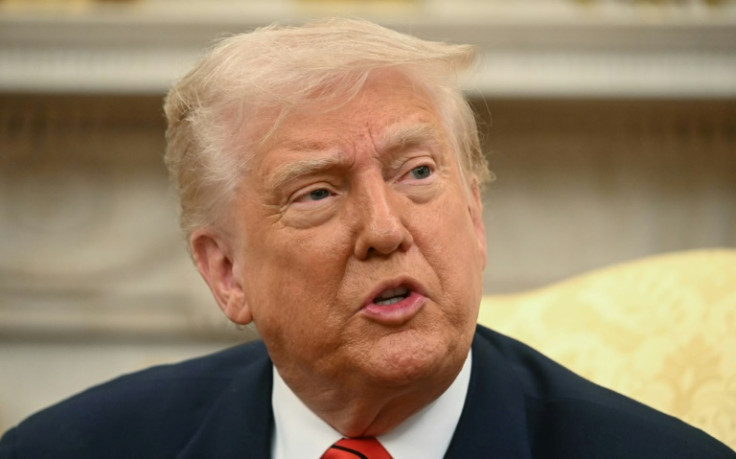How The 'Anti-Trump Bump' is Shaping Politics at a Local and Global Stage
While conservatives have a trifecta in the federal government, the Trump administration is energizing liberals abroad who are building an anti-Trump movement.

Conservatives in the U.S. may have a trifecta in the federal government, occupying the White House and having a small, yet decisive majority in the House of Representatives and the Senate. But abroad, the Trump administration is energizing liberals, helping them cross the finish line to victory in local and national elections.
The trend was first seen during the recent Canada elections, where Prime Minister Mark Carney won in a landslide, despite predecessor Justin Trudeau's rising unpopularity, partly thanks to an anti-Trump, anti-tariff and anti- "51st state" liberal surge.
Then, over the weekend, Australia's major left-leaning Labor party also overturned a significant deficit from earlier this year and won their elections in a landslide.
In a recent New York Times article, experts called "The Anti-Trump Bump," noting that despite only being back in office for three months, his policies are already affecting the global scale with evident pushbacks to his administration.
"While it is too soon to say that anti-Trump forces are on the rise globally, it is clear that voters have Mr. Trump somewhere on their mind as they make decisions," The Times' Matina Stevis-Gridneff wrote.
But the trend is not just being seen at the ballot box, a new analysis from The Washington Post suggests.
For insurance, new data from the Chicago Council on Global Affairs released Mondays shows a sudden surge in support for global free trade, even as Trump has sought to rein it in through his global tariffs. The poll gave three options, two of which were to "pursue a policy of global free trade" and to "reduce international trade and seek greater self-sufficiency."
Last year, Americans preferred to reduce international trade by six percentage points. Now, they prefer global trade by 26 points. Likewise, support for global free trade has shot up from 35 percent in June 2024 to 55 percent today, The Post reports.
Even Republicans have trended somewhat toward free trade (34 percent). A 51 percent majority, though, remain in favor of reduced trade.
Even on immigration, one of the president's flagship issues where he has enjoyed a relative amount of popularity, it seems like his numbers are collapsing.
In a recent New York Times poll, voters expressed dimming confidence about Trump's handling of immigration, even as most Americans still support deportations. Only 47 percent of voters said they approved of the job he is doing with immigration and 51 percent disapproving.
That poll showed that Democrats begin the long march toward next year's midterm elections with a glimmer of hope. Among all voters, 47 percent said they would rather vote for a Democrat for the House, compared with 44 percent for a Republican candidate.
In Ukraine, amid Trump's growing pressure to make concessions to Russia to end the war, a recent Gallup poll showed the percentage of Americans who said we're doing "not enough" to support Ukraine rising from 30 percent in December to 46 percent in March. That figure was the highest it has been at any point in the war.
Trump's own approval rating is in a free fall, as he continues to stretch out his powers, often defying courts. In the five most recent polls tracked by Real Clear Politics— nPR (-10), ABC News (-13), CNN (-14), NY Times/Siena (-12) and CBS (-10)— Trump has an average negative 12-point approval rating.
Originally published on Latin Times
© Latin Times. All rights reserved. Do not reproduce without permission.



















